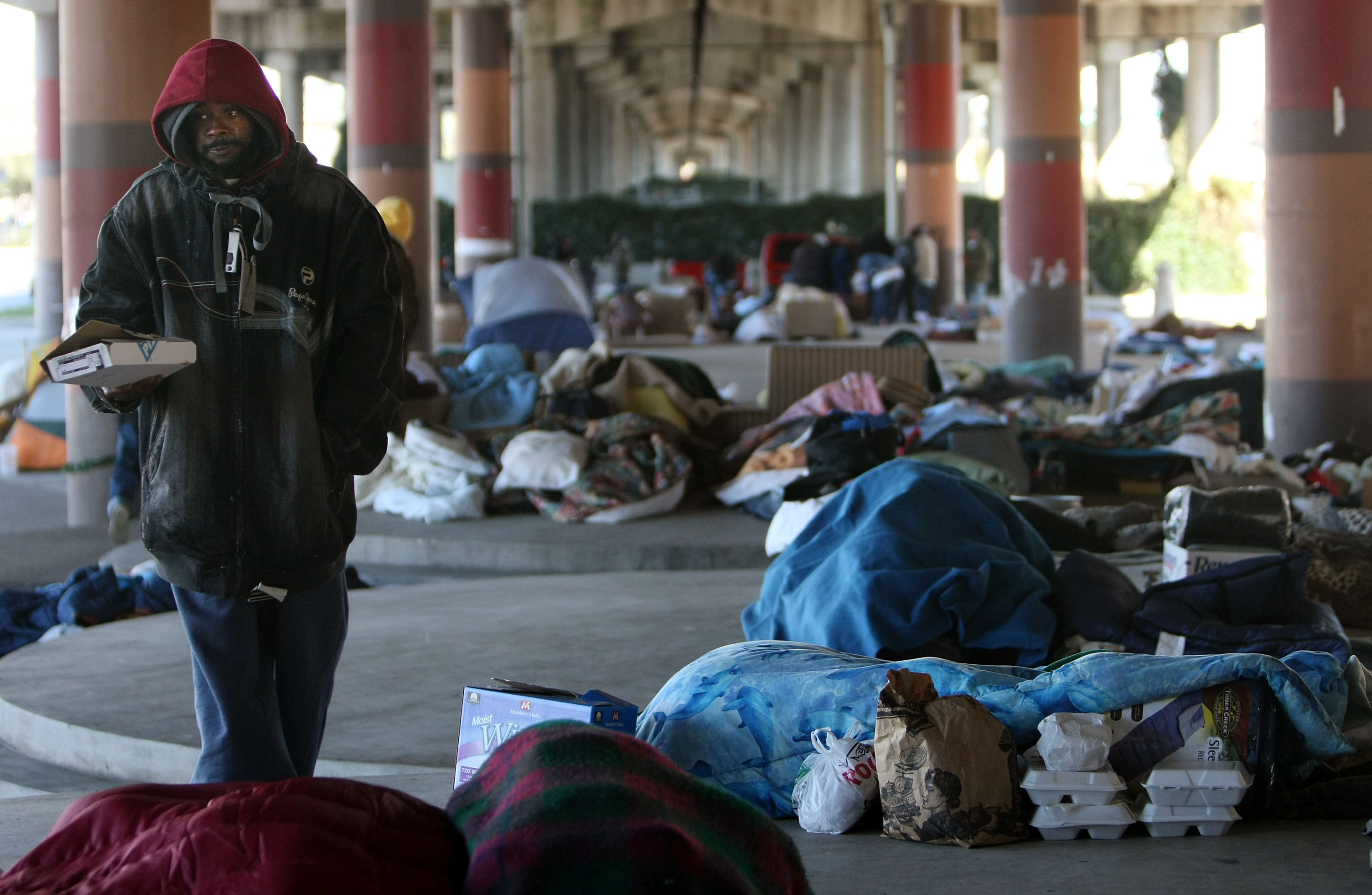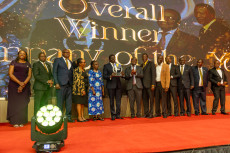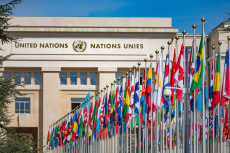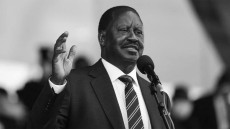- As of May 2025, the UN Habitat Assembly reports that 2.8 billion people live in inadequate housing, 1.1 billion reside in informal settlements, and over 300 million are completely homeless.
On October 6, 2025, the world marks World Habitat Day, a moment not just for policy reflection, but for civic reckoning.
Before this day was etched into the global calendar, cities, especially in developing countries were expanding rapidly, often without the infrastructure or compassion to match. Homelessness surged. Shelter became a privilege, not a right. Governments lacked the policies, resources, and urgency to respond. The idea that housing was a human right barely echoed in the corridors of power.
World Habitat Day emerged as a platform to shift that narrative, advocating for inclusive urban planning, better housing policies, and community empowerment in shaping living environments.
Today, the numbers are staggering. As of May 2025, the UN Habitat Assembly reports that 2.8 billion people live in inadequate housing, 1.1 billion reside in informal settlements, and over 300 million are completely homeless.
These aren’t just statistics—they are stories of families sleeping under plastic sheets, children dropping out of school due to unsafe homes, and women facing violence in overcrowded shelters.
Read More
The UN’s Strategic Plan for 2026–2029 prioritizes adequate housing, secure land tenure, access to basic services, and the transformation of informal settlements into climate-resilient, inclusive cities. Secretary-General António Guterres reminds us that cities are more than blocks and mortar—they are the promise of home.
Yet, in our rapidly urbanizing world, cities often bear the brunt of climate change, displacement, and inequality. In Kenya, Article 43(1)(b) of the Constitution guarantees every person the right to accessible and adequate housing and reasonable standards of sanitation. Article 21(2) compels the state to take legislative and policy measures to progressively realize these rights. But the gap between law and lived reality remains wide.
According to UN Habitat, inadequate housing fuels gender-based violence, school dropout rates, public health crises, and urban climate emissions. Secure, inclusive housing is not optional it is essential. This World Habitat Day, the UN calls on humanity to build stronger cities that offer not just shelter, but safety and belonging. The question remains: what kind of cities are we building, and who gets to call them home?












